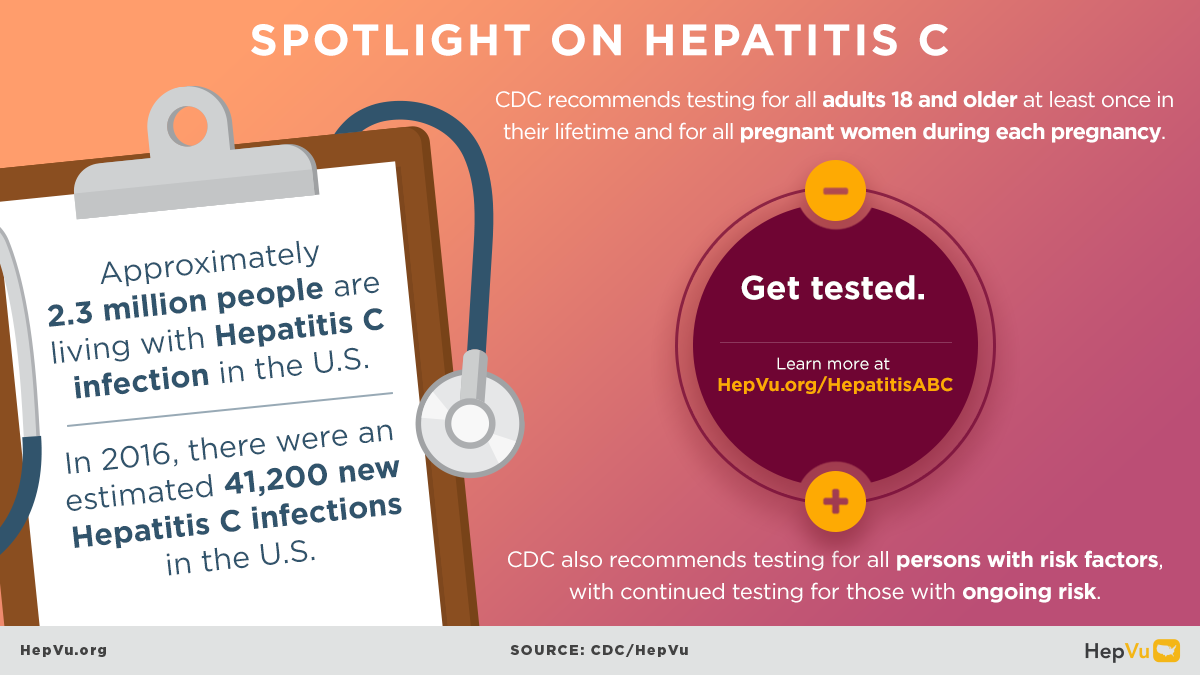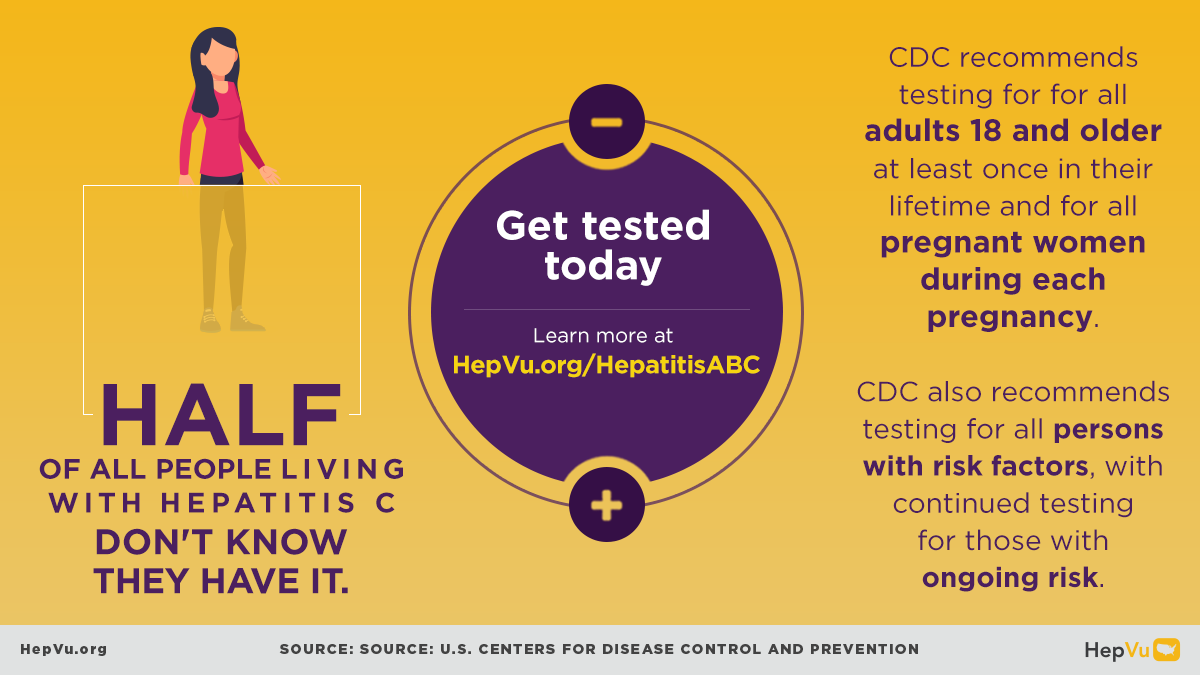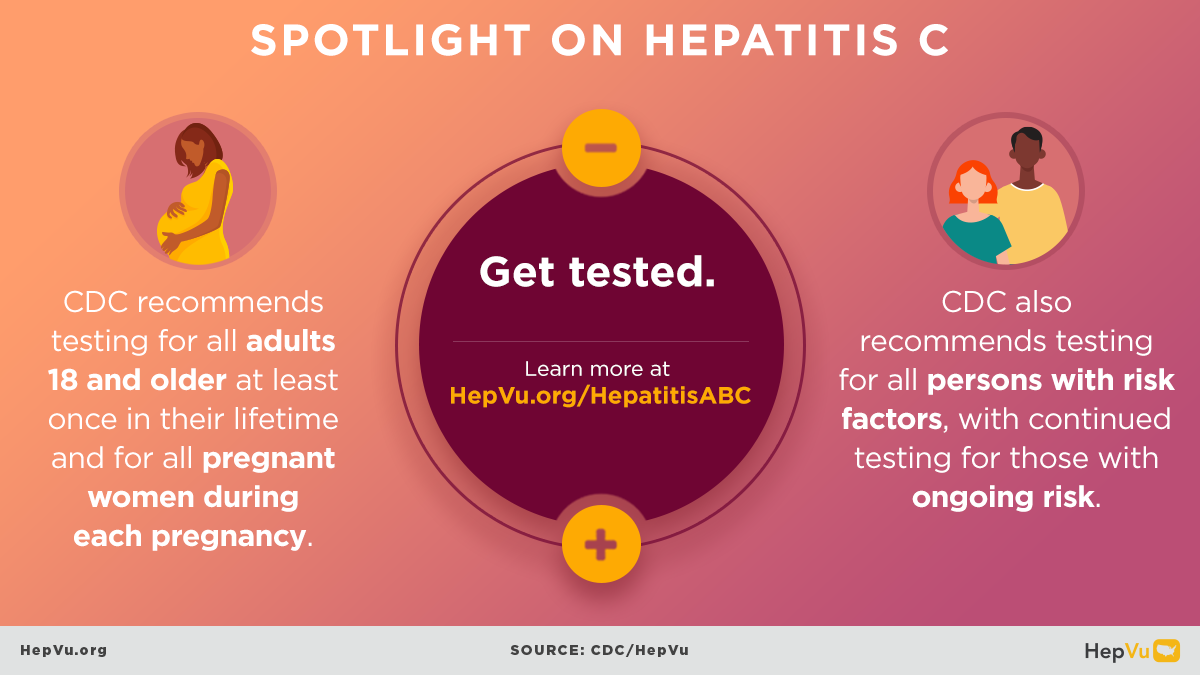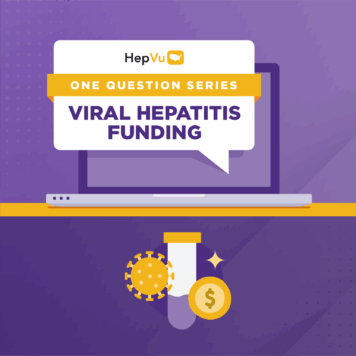By Ronald Valdiserri, MD, MPH, Professor, Department of Epidemiology, Rollins School of Public Health, Emory University, Former Deputy Assistant Secretary for Health, Infectious Diseases, U.S. Department of Health and Human Services
Q: What are the new CDC recommendations for Hepatitis C testing?
CDC is broadening its Hepatitis C screening recommendations to call for universal Hepatitis C screening for all adults 18 and older at least once in their lifetime. In addition, CDC is now recommending testing for all pregnant women during each pregnancy. Each of these new recommendations applies to all locales except where HCV prevalence is less than 0.1%. CDC also recommends testing for all persons with risk factors, with continued testing for those with ongoing risk.
This is an expansion from existing guidelines that focused Hepatitis C screening on the Baby Boomer population born 1945-1965, the group historically most impacted by Hepatitis C.
Q: Why are new CDC recommendations being released?
These recommendations reflect a growing trend in younger people being diagnosed with Hepatitis C, often due to injection drug use associated with the opioid epidemic.

New Hepatitis C infections have risen among reproductive-aged adults and several jurisdictions have reported increases in Hepatitis C infection among women of childbearing age implying the potential for increased perinatal transmission of Hepatitis C. Hopefully, these expanded guidelines will lead to more individuals being tested for Hepatitis C and, if infected, cured of the virus. Currently, around 2.3 million people are living with Hepatitis C in the U.S. and many are unaware of their status.
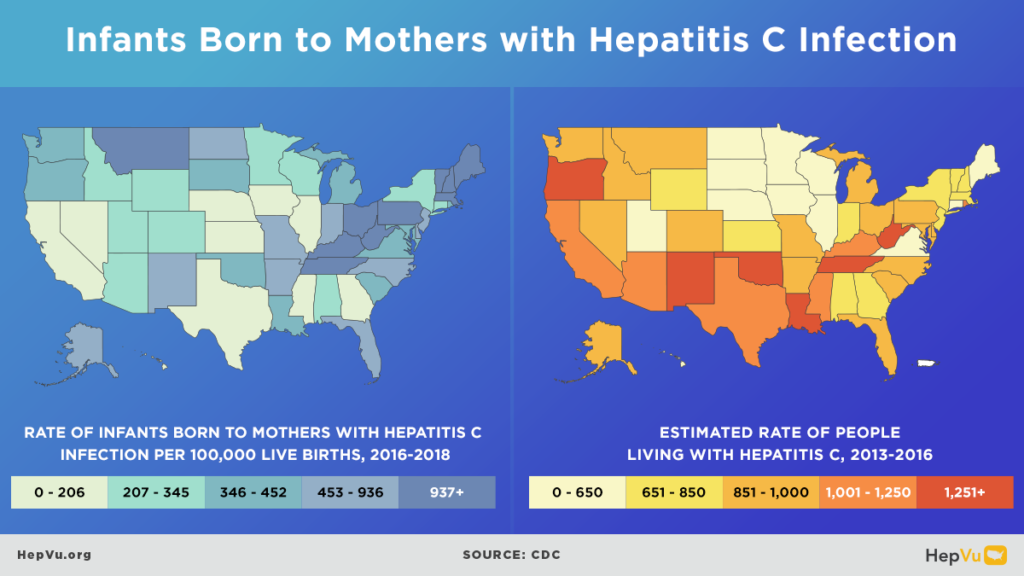
Q: How do these complement the recently released US Preventive Services Task Force (USPSTF) guidelines for Hepatitis C screening?
Published last month in JAMA, the new USPSTF guidelines call for clinicians to screen all adults between the ages of 18 and 79 at least once regardless of their level of risk for contracting the virus, expanding screening beyond the Baby Boomer population like the new CDC recommendations released today.
The USPSTF task force gave Hepatitis C screening a “B” rating, meaning that, based on the evidence, there was at least moderate certainty that the screening would provide significant benefit. This grade means Hepatitis C testing will qualify as a preventive health service under the Affordable Care Act, and it will allow insured patients to get screened without a deductible or co-pay.
The USPSTF and CDC guidelines together send a strong message to health care providers, insurers, policymakers and all Americans that expanded Hepatitis C screening is essential in order to identify those who are infected with Hepatitis C at earlier stages of the disease when they can benefit from effective treatment before developing complications or transmitting the disease to others.
Q: How will this impact Hepatitis C screening across the country?
Expanding these testing guidelines will encourage more health care providers across the country to recommend testing to their patients and clients. Also, we hope that the guidelines will spur individuals who haven’t been tested for Hepatitis C to raise the subject with their health care providers during routine visits. It is estimated that over half of people living with Hepatitis C do not know they have it. Hepatitis C has historically contributed to more U.S. patient deaths than the next 60 reportable infectious diseases combined. With these new guidelines, CDC is encouraging everyone to take charge of their health, be aware of their status, and work collectively to end Hepatitis C in the U.S.



